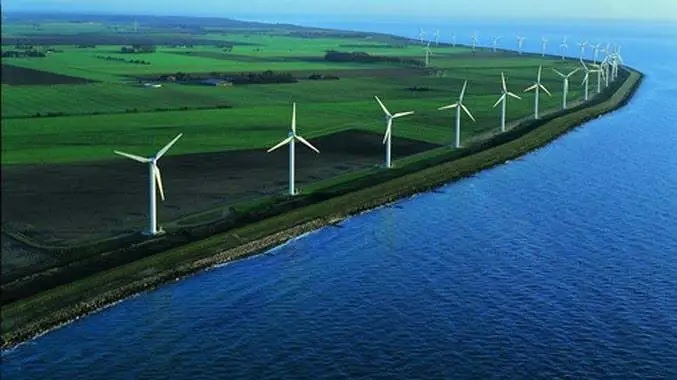RIO DE JANEIRO, BRAZIL – Costa Rica is investing in sustainability. On the international stage, the country was one of the first to turn agreed commitments into serious measures, which led it to win the United Nations Public Policy Leadership Award in 2019.
Now, President Carlos Alvarado Quesada aims to turn Costa Rica into a global example in tackling climate change.

Proportionally, the country’s contribution to global warming is negligible: only 0.02% of global carbon emissions come from Costa Rica. Meanwhile, the world’s 10 most polluting nations account for almost 70% of the world’s greenhouse gas production.
The small share in global warming gas emissions prompted Quesada to say that he hopes the tiny Central American country can inspire nations like the United States, India, and China to pollute less.
THE COUNTRY’S PLANS
Costa Rica’s National Decarbonization Plan was published in February 2019, which outlines medium- and long-term goals involving reforms in transportation, energy, waste management, and land use.
The country has committed to eliminating fossil fuel consumption by 2050 – a goal that, if achieved, will make Costa Rica the first country in the world to zero its carbon emissions. It is worth noting that 99.5% of Costa Rican electricity comes from clean sources, such as solar, wind, and mainly hydroelectric power.

There will be many challenges along the way, the biggest of which should lie in the transportation sector, which accounts for 40% of the country’s greenhouse gas emissions. To circumvent the issue, the National Plan establishes that by 2050 all cabs and public buses will have zero emissions, running on biofuels or other fossil fuel substitutes. Moreover, the installation of an electric train in the capital San Jose is planned for 2022.
Costa Rica now offers tax breaks to anyone who embraces green initiatives, such as companies that buy bicycles for their employees or people who buy electric cars. There are plans to compel municipalities to implement bike lanes on new roads and to tax polluters.
To meet the goals set in the Paris Agreement, which aim to limit global warming to 1.5°C, much more needs to be done. According to Climate Action Tracker research consortium, only 2 countries have implemented policies capable of enforcing the agreement: Morocco and Gambia.
If the message sent by Costa Rica is understood, it is possible that other nations will begin to take more decisive actions to tackle climate change.
And the results could be great. “I envision a city where mobility is based on clean energy; a city that invests in technology but prioritizes the well-being, freedom, and privacy of the people; a city where you breathe clean air; a city that manages waste in a sustainable way and a city where you get in touch with nature to find peace,” Carlos Alvarado Quesada said.

